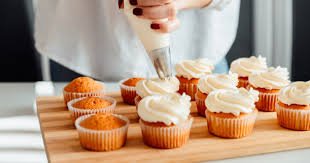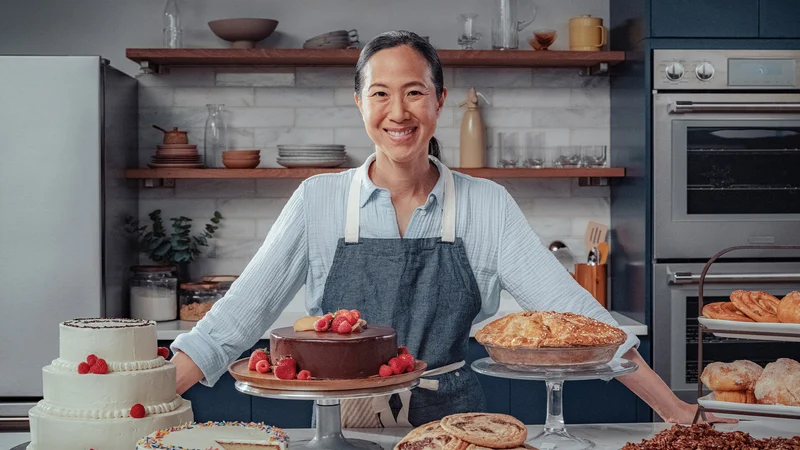Baking courses have gained immense popularity among culinary enthusiasts and professionals alike. Whether you’re a beginner exploring the basics or a seasoned baker looking to refine your skills, these courses offer valuable lessons. Understanding what to expect from a baking course helps you prepare and maximise this enriching experience.

Comprehensive Skill Development
Baking courses focus on developing foundational and advanced skills. For beginners, classes often start with the basics, such as measuring ingredients accurately, understanding baking terminology, and learning common techniques like mixing, kneading, and folding. Intermediate and advanced courses explore intricate processes like tempering chocolate, creating laminated doughs, and mastering sourdough fermentation. No matter your level, you’ll acquire practical skills that improve your baking repertoire.
Understanding the Science Behind Baking
A good baking course emphasizes the science of baking. Instructors explain how ingredients interact, the importance of precise measurements, and how factors like temperature, humidity, and time affect the final product. For example, you’ll learn why butter needs to stay cold for flaky pastries or how gluten development impacts bread texture. This scientific approach ensures consistent results and empowers you to troubleshoot baking challenges confidently.
Hands-On Practice
Most baking courses prioritize hands-on practice. In-person classes provide access to professional-grade equipment, ingredients, and tools. You’ll work on recipes under the guidance of experienced instructors who offer real-time feedback. Online courses often encourage participants to replicate recipes in their kitchens, providing video tutorials and downloadable resources. Through repeated practice, you develop muscle memory and confidence in executing techniques.
Creative Exploration and Presentation
Baking courses inspire creativity by encouraging experimentation with flavors, textures, and designs. You might learn to pair unexpected ingredients, like lavender with lemon, or explore global dessert traditions, such as French macarons or Italian cannoli. Additionally, courses often include lessons on plating and presentation, teaching you how to create visually stunning bakes. These creative skills make your baked goods stand out, whether you’re baking for fun or professionally.
Supportive Community and Expert Guidance
Joining a baking course connects you with a community of fellow bakers. You can share ideas, learn from others’ experiences, and find inspiration. Instructors, often seasoned professionals, provide valuable tips, answer questions, and help you refine your techniques. This supportive environment makes the learning process enjoyable and rewarding, fostering a deeper appreciation for the art of baking.
Conclusion
Baking courses offer a blend of practical skills, scientific knowledge, and creative inspiration. Whether you attend in person or online, expect a supportive environment where you can explore, experiment, and excel. With the right course, you’ll not only enhance your baking abilities but also ignite a lifelong passion for the craft.
Custom Rewards: Learning from Casino Bonuses to Incentivize Baking Students
In the same way
https://nz.crazyvegas.com/casino-bonuses/ engages players with region-specific offers, baking course platforms can adopt reward systems—such as milestone badges, discounts, or exclusive recipes—to keep learners motivated and returning for more.


I like what you guys tend to be up too. This sort of clever work and exposure!
Keep up the awesome works guys I’ve incorporated you guys to our blogroll.